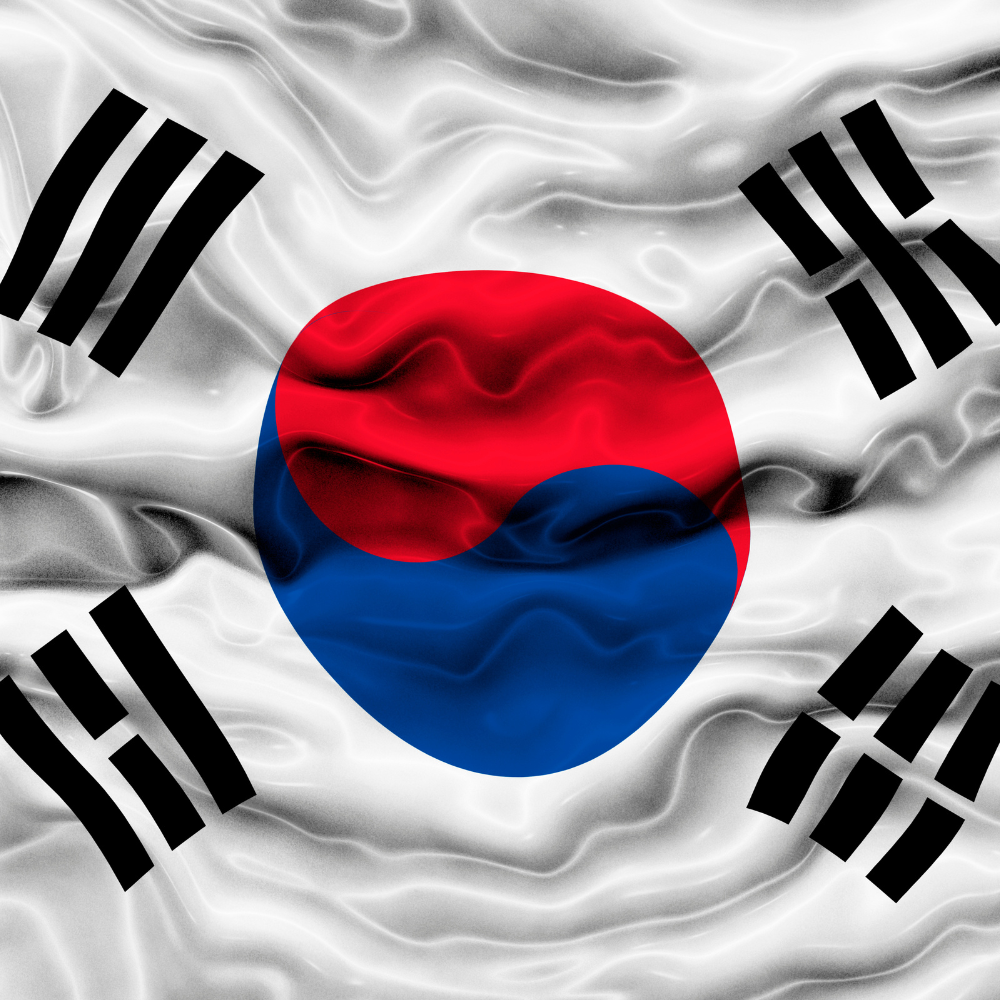South Korea lawmakers move to impeach acting president
South Korea’s political crisis deepened on Thursday as opposition lawmakers filed a motion to impeach Prime Minister and acting leader Han Duck-soo. This comes less than two weeks after the National Assembly voted to impeach President Yoon Suk Yeol, marking a turbulent period for the nation’s leadership.
The opposition, led by the Democratic Party (DP), accuses Han of obstructing key legislative processes and failing to act as a neutral caretaker leader. The most significant grievance centers on Han’s refusal to appoint three constitutional court judges nominated by the opposition-dominated National Assembly. These judges would play a critical role in deciding whether Yoon’s impeachment is upheld.
Democratic Party floor leader Park Chan-dae strongly criticized Han’s actions, describing him as behaving more like an insurrectionist than a caretaker leader during a televised party meeting. The opposition has also accused Han of supporting Yoon’s failed martial law declaration on December 3, for which Han has issued an apology but did not take measures to prevent. Furthermore, Han vetoed several opposition-backed bills, including one proposing a special investigation into Yoon’s martial law attempt.
The impeachment motion is anticipated. To succeed, 151 out of the 300 parliamentary members must vote in favor. With the Democratic Party holding 170 seats and the broader opposition bloc controlling 192, the motion is likely to pass.
Han’s tenure as acting leader has been fraught with tension. Opposition lawmakers hoped he would facilitate the passage of bills while serving as the nation’s interim leader. However, Han has stood firm, declining to bring two critical opposition-sponsored bills to a cabinet meeting agenda earlier this week. These bills sought investigations into Yoon’s martial law declaration and corruption allegations involving First Lady Kim Keon Hee.
Han defended his actions, stating he aimed to give ruling and opposition parties more time to negotiate. However, the DP accused him of stalling. Park Chan-dae argued that Han was “prolonging the insurrection” and failing to uphold his responsibilities as a public servant.
The DP’s grievances intensified after Han declared he would not appoint the three constitutional court judges unless rival parties reached a consensus. Park argued that Han’s refusal showed he was unwilling to defend the constitution and vowed to proceed immediately with the impeachment motion.
The ruling People Power Party (PPP) has defended Han, claiming the opposition’s actions interfere with his legitimate authority. A senior official from the prime minister’s office also criticized the impeachment threat as “extremely regrettable.”
If the motion passes, Han will be removed from his acting role, and Finance Minister Choi Sang-mok will step in as interim leader. Meanwhile, the Constitutional Court is preparing to deliberate on President Yoon’s impeachment. Its first public hearing is expected later this week, as the court considers whether Yoon should be permanently barred from office.
Yoon faces additional legal trouble as investigators probe his alleged attempt to impose martial law. Having ignored multiple summons, he risks an arrest warrant if he remains uncooperative. Several senior officials, including former defense and interior ministers, are also under investigation for their roles in the failed martial law declaration. Protesters have vowed to continue demonstrations throughout the court proceedings, underscoring the nation’s deepening political divide.









